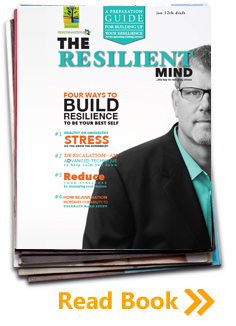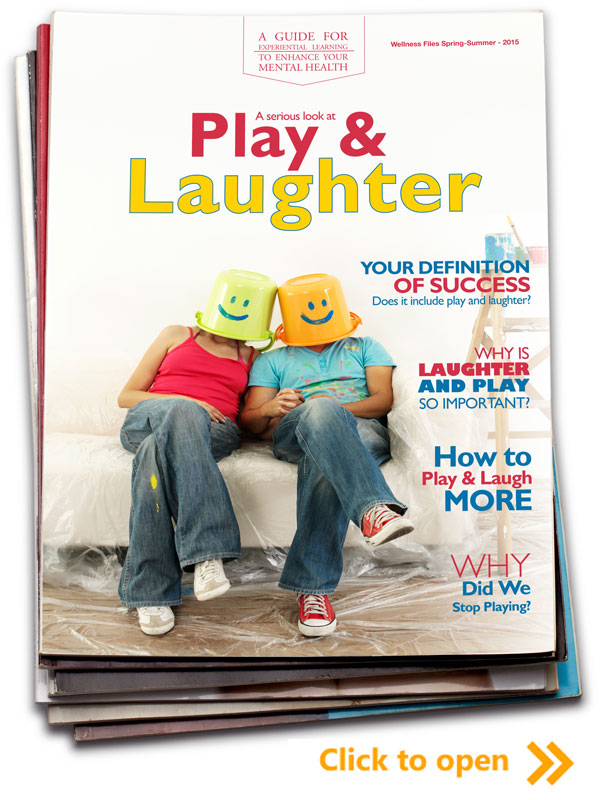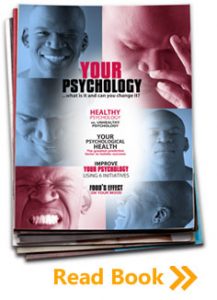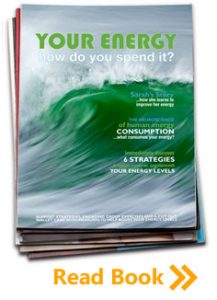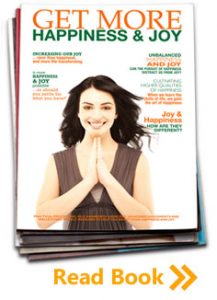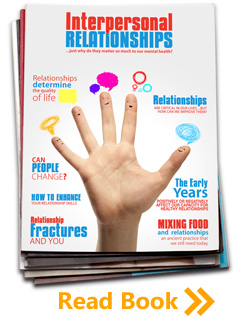Alive’s clinical team have made the following resources available to help individual immediately begin the process towards improving their mental and relationship health skills.
THE RESILIENT MIND:
FOUR WAYS TO BUILD RESILIENT TO BE YOUR BEST SELF
Stress Free Fantasies:
Many people daydream about living a life absent from stress-i know i once did. But the reality
is that stress walks beside us every moment of our lives. Yes, stress takes the occasional nap,
but, like an eager-to-play toddler, it eventually awakens. One of the great ironies is that a
stress-free life is incompatible with living. Still, it is possible to reduce the spike of pain
that comes from stress. In the season of my life when I struggled with stress, I learned two
fundamentals principles.
![]()
PLAY & LAUGHTER:
George Bernard Shaw said, “We don’t stop playing because we grow old, we grow old because we
stop playing”.
This health guide takes a serious look at play and laughter and the importance of including
these as important parts of our lives. The benefits of incorporating play and laughter into our
lives are well documented. Play and laughter are important at all ages of life, contributing to
good emotional, mental, and physical health and well-being.
Play at leisure and at work have been known to improve relationships, team work, creativity,
productivity, focus, and stress management. Laughter yields benefits of increased immune system
function, decreased stress hormone production, emotional regulation and enhanced learning. This
guide provides you with insight into how much you play and laugh, why you may not play and laugh
enough, and how to bring play and laughter back into your life in healthy ways. Are you ready to
become a FunMaker?
![]()
YOUR PSYCHOLOGY:
Most of us have never spent time creating awareness of our psychological functions. Nor have we
spent the time learning the skills needed to optimize our mental health. This leaves many of us
at increased risk for developing mental health issues. New discoveries about your brain’s
neuroplasticity, along with the development of web-based distance education, are bringing new
hope by teaching people how to enhance their mental health or overcome a mental illness. Your
Psychology is a short manual that will help readers to learn skills developed out of the
advanced behavioral sciences and apply them to their lives.
![]()
YOUR ENERGY:
Fatigue makes us more susceptible to psychological pain. In a Netherlands workplace study on
people who suffer from fatigue, 43% reported experiencing fatigue only, whereas 57% experienced
fatigue along with psychological distress. The Resilient Mind guide will teach participants how
unhealthy thoughts, emotions, and desires deplete their energy levels. It will show
participants, not only how to avoid these unhealthy behaviors, but also how to replace them with
healthier thoughts, emotions, and desires. Written in a practical and relatable style,
participants of this The Resilient Mind session will begin implementing new behavioral health
principles that can have an immediate effect upon conserving mental and physical energy.
![]()
GET MORE HAPPINESS & JOY:
Becoming a student of how to bring more joy and happiness into your life is a conscious choice.
It is possible, regardless of your life circumstances and situation, to become such a student
and learn the skills needed to bring these things into your life. The first step is to
understand what the differences are between happiness and joy:
Happiness is getting a promotion at work. Joy comes from being thankful for your work.
Happiness is a white wine paired with the perfect dessert. Joy is being conscious you have
access to food and water at all times
Happiness is irregular; it comes and goes. Joy can come and go, but it’s always a choice.
“United Nations’ second annual International Day of Happiness was established to promote the
idea that cheerfulness improves mental and physical wellness.”
![]()
FRIENDS:
From birth, most people begin forming connections with their mother, father, siblings, and,
eventually, friends. Our need for healthy friendships is so strong that behavioral experts are
discovering a direct correlation between our lack of true friends and our susceptibility to
mental illness. This lack can impact our ability to cope with life’s challenges as well.
The irony is that we live in a knowledge-based society that provides us the resources to develop
the skills needed to perform all sorts of complex tasks. But, when it comes to those
relationships which are essential to our psychological health, we are often left to muddle
through them on our own.
People need people. In The Resilient Mind session, we train participants on how to become
skilled in the 17 attributes of being a good friend and holding onto their relationships.
Participants may also develop lasting relationships as they practice their skills with others in
the group.
![]()
ANGER:
Anger: Is it constructive or destructive?
In a survey, 1000 people were asked what their experience of becoming angry was. Over 86% of
those who responded described their experience as being negative. For them, anger resulted in
negative outcomes and emotional pain. Although many people experience this emotion as being
negative, our anger can actually be very helpful. The critical difference between whether anger
is experienced as negative or helpful is determined by whether we express our angry emotions
constructively or destructively. In this seven week workshop, participants will learn how to
express their anger in constructive ways with others.
![]()
INTERPERSONAL RELATIONSHIPS:
Events that occur in our childhood can impact our ability to develop and maintain healthy
relationships. Furthermore, developing relationships is so integral to our human nature that in
the absence of real ones, our mental health can be negatively affected. This guide shows how
mental illness can result from relationship fractures. It will train participants to recognize
fractures in their early stages and how to avoid deepening them, as well as show how to repair
our fractures with significant people, such as our family and friends.
![]()
CHANGE
We can do this the easy way - or the hard way. We live in a
fast-paced,
ever-changing world. Information is coming at us at a high speed with value placed on immediacy.
Change affects everyone and is inevitable. In a shrinking global village, with a rapid influx of
information, we are literally inundated with daily change, both close to home and around the
world. For most of us, change causes stress. However, we can learn how to effectively manage
change and increase our resiliency to it.
![]()
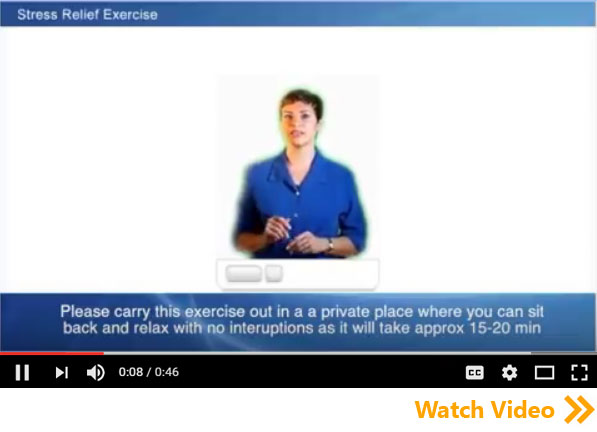 The Abraham deep breathing and mussel
The Abraham deep breathing and mussel
relaxing exercise has been tested to help people successfully regulated them selfs when
escalation occurs.
![]()

WOUNDS COME FROM RELATIONSHIPS AND HEALING ALSO
COMES FROM RELATIONSHIPS
The ACE study (adverse childhood experience) is a longitudinal study conducted by the USA Centre
for disease control. The study resulted in identifying ten specific ACEs that which focused on
childhood adversity, disruptive and hurtful experiences. People with a high amount of the 10
ACEs can be susceptible towards experiencing chronic stress and mental health struggles as
adults. To learn more about the ACE study and to complete the questionnaire, please read The Adverse Childhood Experiences (ACEs):
![]()
 NEEDS AND FEELINGS
NEEDS AND FEELINGS
Needs and feeling are very real and powerful parts of our life. The more awareness we create on
these -the healthier and more fulfilled we become as people. Take a moment to review each item
listed and determine which ones you desire more of and which items from the unfulfilled list you
desire less of. Then begin the process of desiring more or less of the items you choose.
Desire is a powerful part of your phycological functions. What we desire becomes a goal, which
becomes a focus and what we focus on expands in our life.
To receive greater value from this exercise do it with a friend, spouse, sibling or parent by
meeting for coffee and sharing your choices and how you plan to get more of them in your life.
Click
here to download the exercise
Video Examples
of constructive and
destructive anger
WHAT CAUSED
THE ANGER
EXAMPLES OF
DESTRUCTIVE ANGER
EXAMPLES OF
CONSTRUCTIVE ANGER
A person said
something to Todd
that hurt him
Todd: extroverted anger expressed
in a destructive way.
Todd: extroverted anger expressed
in a constructive way.
A person took
something valuable
away from Jenifer
Jenifer: extroverted anger expressed
in a destructive way.
Jenifer: extroverted anger expressed
in a construtive way.
Someone did not
follow through on
a commitment they
made to Kevin
Kevin introverted anger expressed
in a destructive way.
Kevin introverted anger expressed
in a constructive way.
Abby got angry at
herself for over
committing again
Abby: introverted anger expressed
in a destructive way.
Abby: introverted anger expressed
in a constructive way.
Play & Laughter
Why do we laugh.
Decline of play &
rise of mental disorder.
Initiatives to get more
Play & Laughter
Search YouTube for
funny videos.
Initiate a games night with exploration
or imaginative games like
Taboo, Catch Phrase, Guesstures
Watch animals play and
play with them if you can.
Purposefully seek out people,
environments and stimulus that makes
you laugh out loud everyday.
Play at work.

